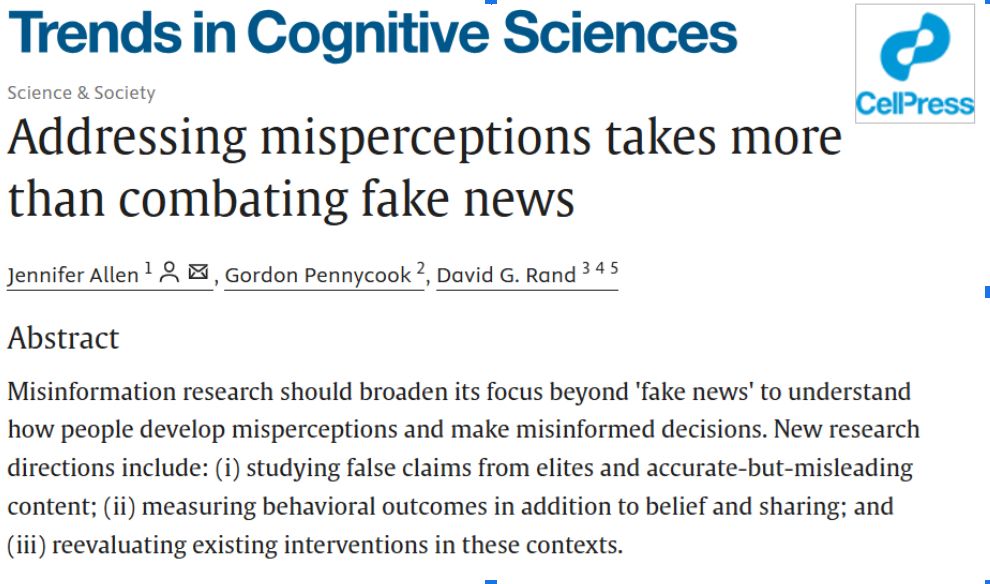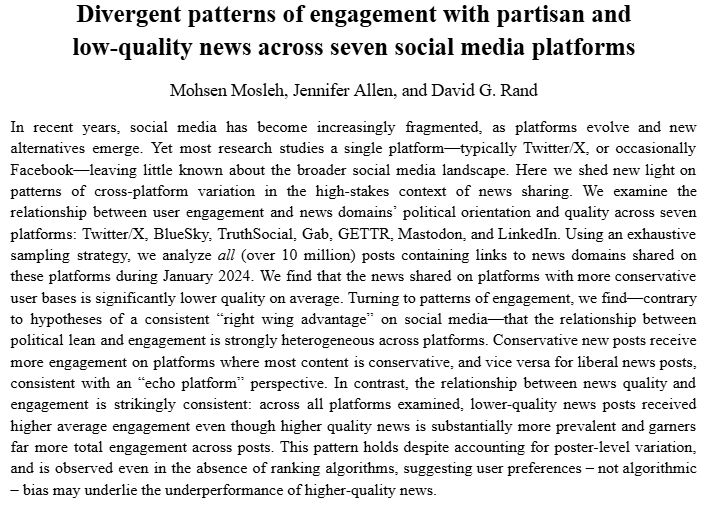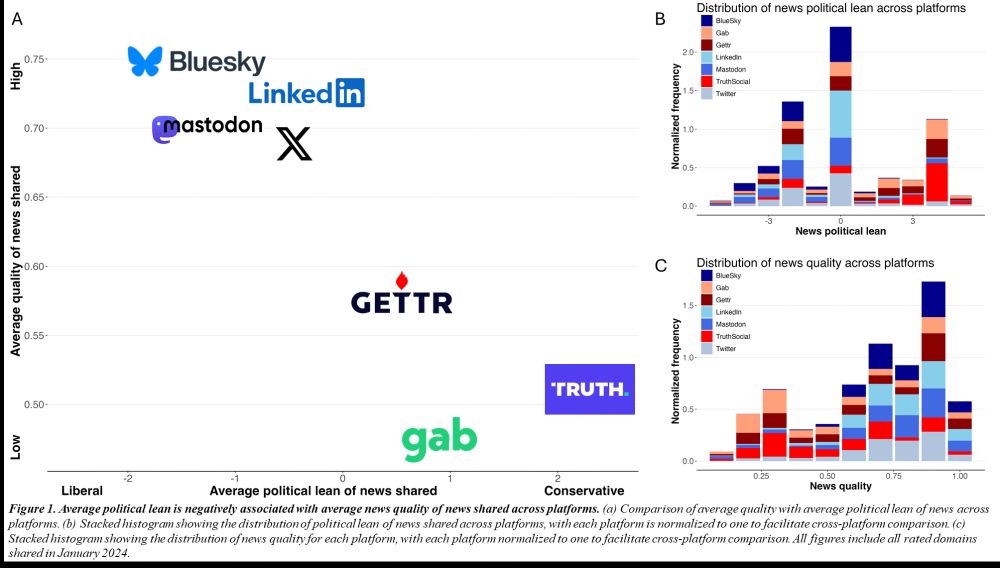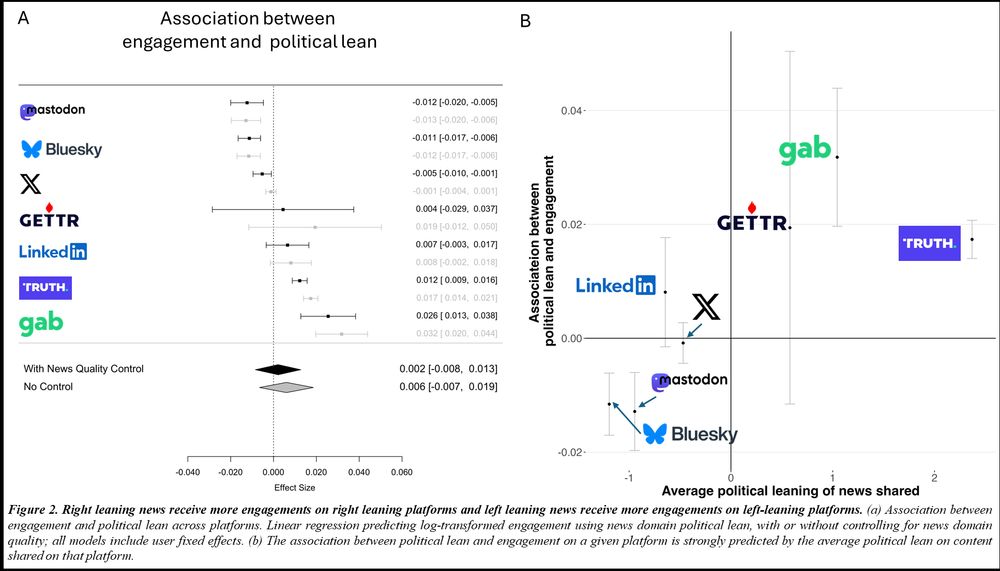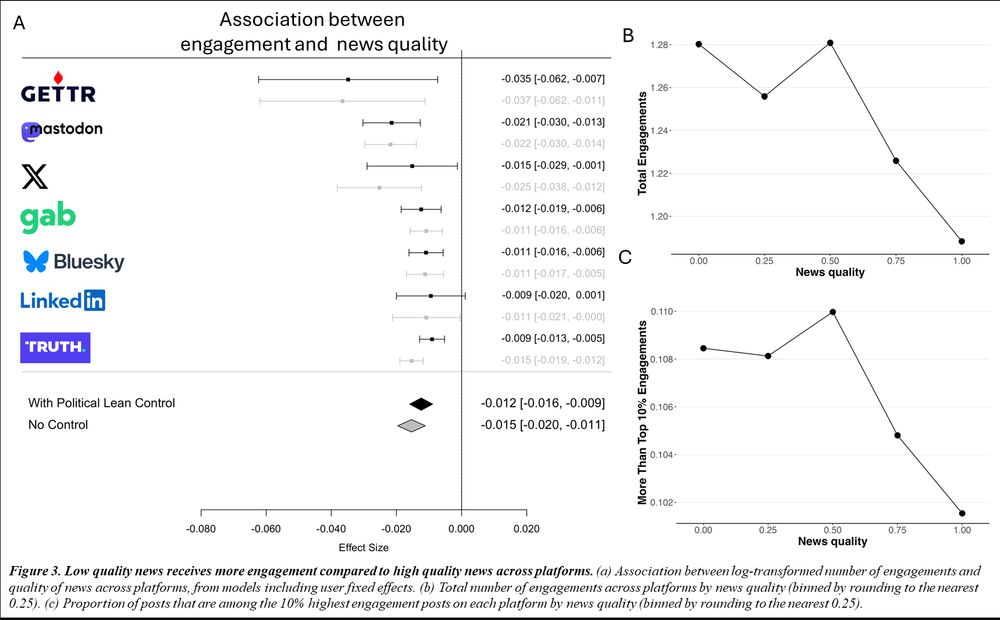Jenny Allen
@jennyallen.bsky.social
540 followers
230 following
8 posts
Assistant Professor of Technology, Operations, and Statistics @ NYU Stern
Interested in Computational Social Science, Digital Persuasion, and Wisdom of Crowds
Posts
Media
Videos
Starter Packs
Jenny Allen
@jennyallen.bsky.social
· Aug 6
Jenny Allen
@jennyallen.bsky.social
· Aug 6
Jenny Allen
@jennyallen.bsky.social
· Aug 6
Jenny Allen
@jennyallen.bsky.social
· Aug 6
Reposted by Jenny Allen
Dan Goldstein
@dggoldst.bsky.social
· Apr 16
Predoctoral Research Assistant (Contract) – Computational Social Science - Microsoft Research
Are you a recent college graduate wishing to gain research experience prior to pursuing a Ph.D. in fields related to computational social science (CSS)? Do you have a deep love of “playing with data”—...
www.microsoft.com
Reposted by Jenny Allen
Reposted by Jenny Allen
Jenny Allen
@jennyallen.bsky.social
· Dec 10
Reposted by Jenny Allen




